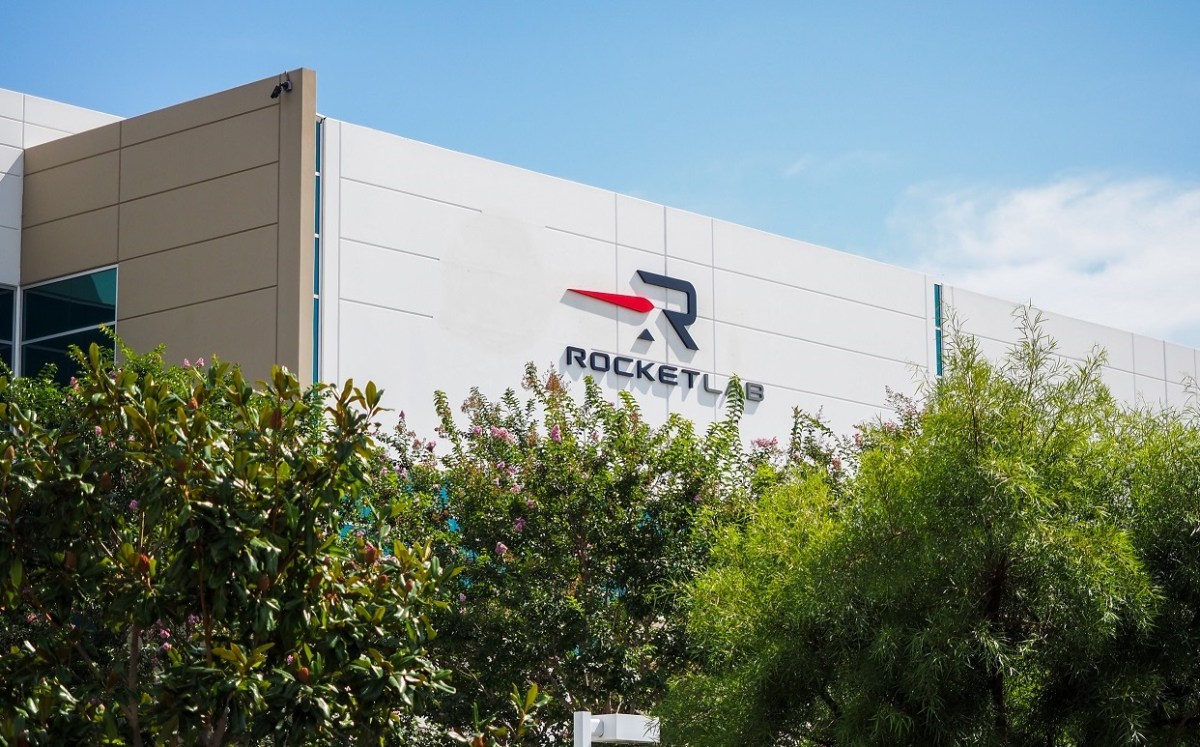Rocket Lab is exploring possible applications for a satellite constellation that they would build, launch and operate in-house, similar to SpaceX’s Starlink business, as a way of generating recurring revenue, an executive said this week.
“If you look to where we ultimately want to go, in a lot of ways we want to emulate what [SpaceX] has successfully done, which is work their way towards the applications market,” Rocket Lab CFO Adam Spice said. “SpaceX has chosen the consumer broadband and other applications on Starlink for their anchor application in space. We’re evaluating a lot of different constellation application opportunities.”
“Ultimately, we view end-to-end as not just build and launch, but it’s build, launch, operate and generate a recurring revenue stream off of the end customer relationship,” he said.
Rocket Lab has already taken great strides to become a full-service space company: The company flies its small Electron rocket for commercial and defense customers; it is developing a larger Neutron rocket, similar in size and payload capacity to SpaceX’s Falcon 9, which is on track to fly for the first time at the end of this year; and it operates a booming space systems business, which includes products from full satellite buses to spacecraft components, like solar panels and reaction wheels.
Spice’s comments, made at the TD Cowen 45th Annual Aerospace & Defense Conference on February 14, show that the company is looking to vertically expand even further.
In recent months, Rocket Lab has also expanded its work with U.S. government agencies, most notably in its win of a $515 million contract to build 18 satellites for the Space Development Agency. The company leveraged its vertical integration to score that contract, and will be building all of the critical portions of the satellite bus as part of that deal. Where Rocket Lab has the greatest reliance on third-party suppliers is with the payload portion of the spacecraft, Spice said.
But the company wants to close that gap, too. Earlier this month, Rocket Lab announced it had closed a $355 million convertible note offering, and Spice said that the new funding will enable the company to “inorganically work our way into more payload capabilities.”
That means more acquisitions. Rocket Lab has already executed four acquisitions to build its end-to-end capability, but Spice said unequivocally that the company is looking for more.
“Right now is a great time to be shopping because the ability to raise capital for most companies is very, very, very challenging,” he explained. “So we’re seeing some real opportunities […] We see other distressed assets that are quality technology that we can add to our portfolio.”
